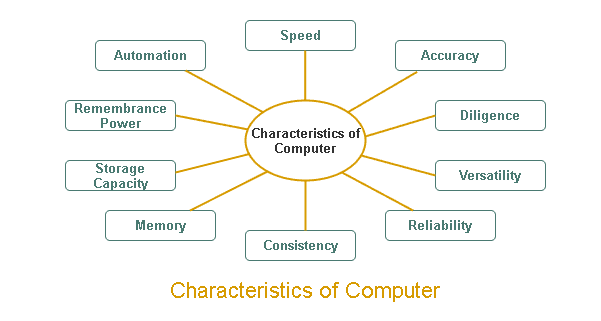A state is a sovereign political entity that exercises authority over a particular territory and population. There are several essential features that are typically associated with a state, including a defined territory, a permanent population, a government, and the ability to enter into relations with other states.
First, a state must have a defined territory. This territory is the physical space over which the state exercises its authority and within which it exerts its power. The boundaries of a state's territory are usually established through a process of negotiation and agreement with other states, and may be based on historical, cultural, or geographical considerations.
Second, a state must have a permanent population. This population consists of the people who reside within the state's territory and are subject to its laws and jurisdiction. The size and demographics of a state's population can vary significantly, but it is important that the population be relatively stable and not constantly changing.
Third, a state must have a government. This government is responsible for the administration and management of the state, and is typically composed of elected or appointed officials who represent the interests of the state's citizens. The form of government can vary widely, ranging from democratic systems to autocratic regimes, and the specific powers and responsibilities of the government will depend on the type of political system in place.
Finally, a state must have the ability to enter into relations with other states. This means that the state must be recognized as a sovereign entity by other states, and must be able to interact with them through diplomacy, trade, and other means. A state's ability to enter into relations with other states is a key factor in its ability to exercise its sovereignty and protect its interests on the international stage.
In summary, the essential features of a state include a defined territory, a permanent population, a government, and the ability to enter into relations with other states. These features, along with others such as a legal system and a system of governance, are important in defining the characteristics and functions of a state, and in shaping its place in the international community.






